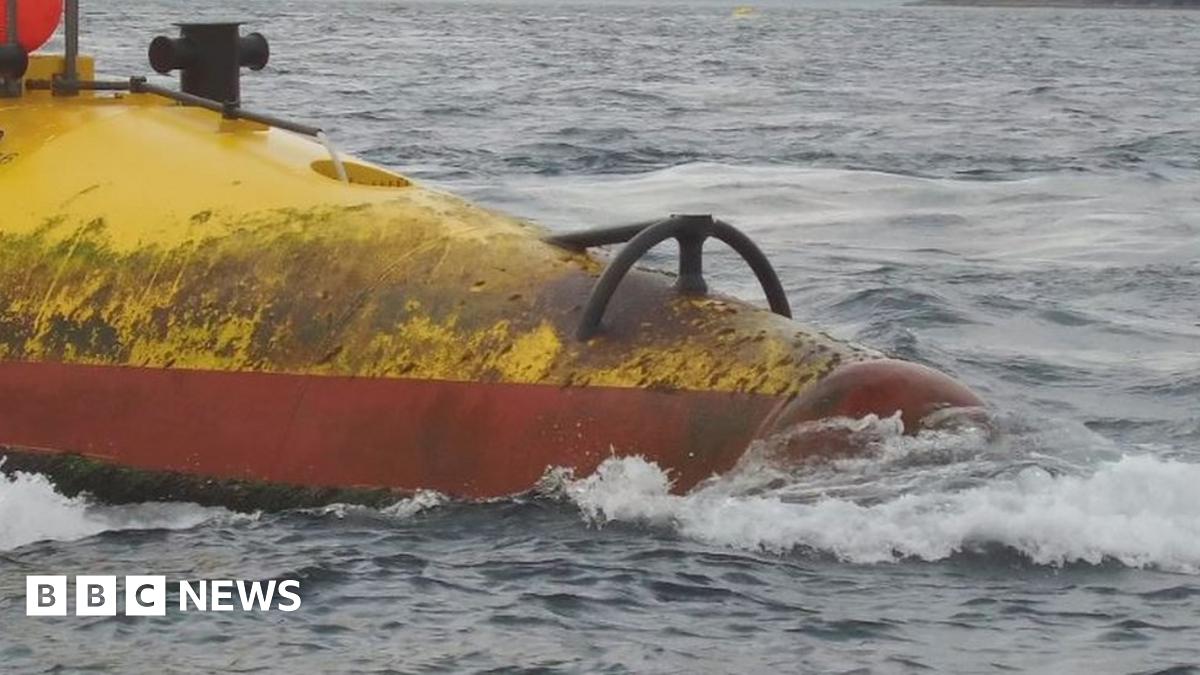FartingGnome
Well-known member
Quite a lot of years ago (40 to be precise), 1981 I did a project as part of a Durham Uni Business School placement on heat pumps for domestic and small industrial and commercial use. The consensus then, which I understand hasn't substantially changed, is that there is a cost and a payback period. A good commercial payback period then was 3 years, domestic was longer for various reasons. 40 years later they're still the next greatest thing. The technology hasn't changed and from the (very) little I see performance is much the same as it was which is hardly surprising, the technology is 100 years old at least (they're fridges). All heat pumps are at their least efficient when the source is lowest (Air source pumps need noisy fans and are at their least efficient when the air is cold and you need them most), ground source pumps are expensive and need an area of ground to dig the refrigeration pipes, and the most efficient for domestic use were ground water source pumps that basically need a well in your back garden. The one aspect of the technology that I believe has improved slightly is that 40 years ago all but the very smallest heat pumps needed 3 phase electricity which then was a killer for markets such as farms where they were all on the end of a piece of wet string and a donkey on a treadmill generator.
Forgive my scepticism but if anybody can convince me that heat pumps are the solution to the average British 3 bed semi then I am open to persuasion, bring it on as they say.
Forgive my scepticism but if anybody can convince me that heat pumps are the solution to the average British 3 bed semi then I am open to persuasion, bring it on as they say.

